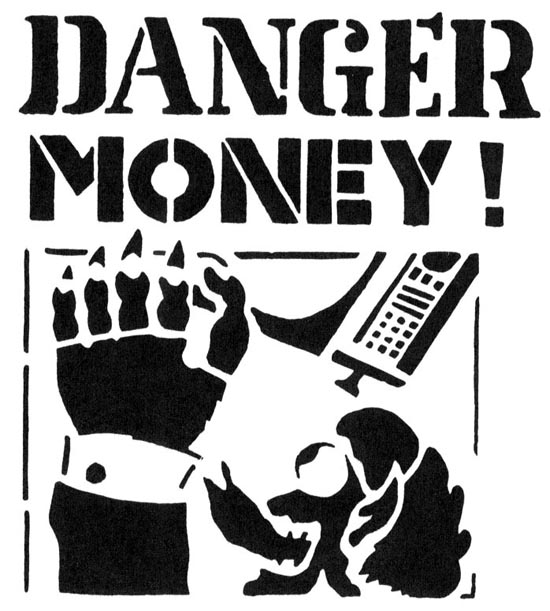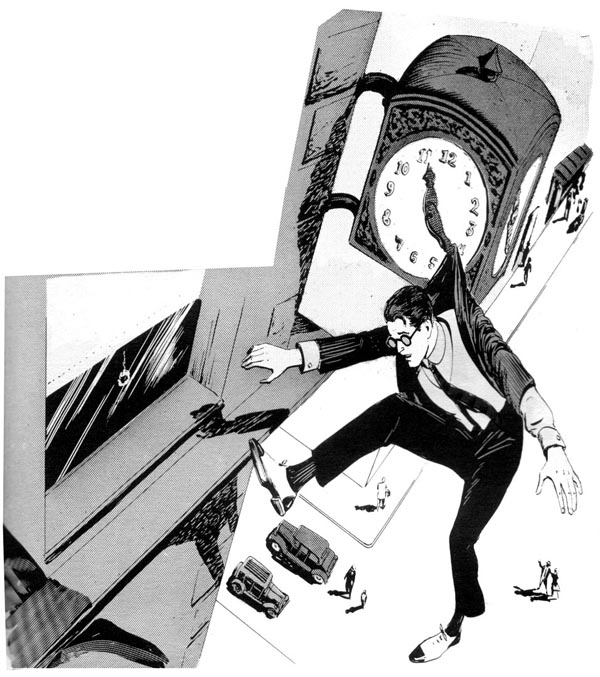|
|||||||||||||
|
Business in Industrialized Nations You're Being Paid By Punkerslut
Introduction to the New Economy
In the United States, in 2002, almost 77% of the nation's Gross Domestic Product was in the services industry. This means that three quarters of the nation's value was created by those doing services -- from customer relations to banking to sales. Compare this with the economy of a nation that is developing, such as Afghanistan. This country's service industry made up only 30% of its Gross Domestic Product. [*1] While this field also includes engineers and accountants, it doesn't include the customer service personnel from the manufacturing and other industries. So, these statistics by the World Bank are not an entirely accurate picture. These statistics are fairly indicative of the overall trend: growth of service industries in nations that are wealthy. The customer service industry is opposed to other industries considered "primary," such as agriculture and manufacturing. It's business to do services is not about creating value, but about satisfying personal human needs. You're being paid to be enthusiastic when pitching a sale, to sound sorry when handling a customer, and to look happy when stocking merchandise. Your sole source of employment is that you're a human being who is capable of having sympathy for others. Like a used car salesman, you're being employed to interact with a human being, and to lure them into the deceptions of the company who's employing you. Even where there is physical labor, like stocking shelves or operating a register, the job essentially revolves around customer service. You're not being paid to be productive, you're being paid to give a human image to the business. Your work and suffering isn't about offering anything to uplift civilization, to feed humanity, and to improve science and art; it is about making your boss appear human to those they want to deceive. Where Did This New Economy Come From?
With the industrial revolution, we saw the whole world covered in manufacturing plants and factories. The economic revolution of the services industry is the result of overproductive powers on part of the workers. It no longer requires so many people to produce the same amount of food and luxury. Or, at least, the ability of laborers to produce is outgrowing the ability of possessors to consume. With such productive capabilities, the only new industrial interest that a Capitalist could have would be a personal services business. Who else would have money to spend on extravagant tastes than other Capitalists? With the new economy, we find people living a new type of life. In past eras, generations spent their time creating things, making life useful and improved. But now, we make a living by being sorry and bending our emotions to the will of our employer. We aren't paid to be workers, as though we were human beings -- we're paid to be puppets and jesters, as though we were possessions. We are paid to socialize and interact, to pretend to be concerned when someone's sad, or to pretend to be happy when helping a customer. It is not enough to submit your time and your energy, but you must submit your independence -- you are no longer happy or sad about how you're living your life, because you have to bounce between one or the other just to feed yourself. For the customer service employees, almost every act on the job is about providing the human face to any otherwise less-than-desirable company. Everything we do could be very easily automated, even going back a century. Waiters and chefs, salesmen and greeters, service "representatives" and customer "technicians." These people, while they may perform only a small amount of work, are doing it out of the sympathy you can develop for such acts. If all the chefs and waiters were productively working together, they'd be able to feed the entire world. But it would require that we, the workers, are organized in a more efficient manner. It would require us to actually pull wealth out of the ground, and to have our own right to it. But no, we apologize to people when they spill their drinks or their food, and then we clean it up for them. It is the most pathetic form of waste. The workers themselves have enough power and strength to feed the world over several times, with a workday that's twice a week and only two hours long. Instead, we're listening to peoples' meaningless concerns, interacting with them as though we were friends, and providing all acts of socializing that our employer requests. This economy did not rise up out of anything except over-efficiency. Yes, we certainly could feed the world a thousand times over and cure all diseases known to man. But our factories produce too much and our farms offer too much food. The market is flooded with these commodities, but there is no use for them. The majority of people, struggling for one of the last few jobs, have very little money left over. This is the effect of competition. With fewer jobs, that produce just as much, there is a lesser need for laborers and productive workers. In that case, the market drops our wages to miserable levels, and we possibly cannot consume all that we're capable of making. The owners of business, seeing an abundance of workers asking for labor, produce new industries -- businesses that cater to the needs of those with more money. Capitalism, essentially, is an economy where those on top possess everything, and those on the bottom possess nothing. There is no point in trying to sell things to masses of people without money; but there is every logical argument in trying to make a product or business that pitches itself to those with real wealth. One might suspect that we'd be approaching a barrier where those on top could not possibly want anything more; and, the increasing productivity of workers will ultimately lead to such catastrophic levels of unemployment and poverty.
The Individual's Concept of Self-Worth
Yes, you could be working to find a cure to cancer, or working the fields to raise food for hungry families, or thinking and acting in so many creative ways to serve the community. But, you're not worth it. You're worth saying sorry, feeling apologetic, and serving those who have made their mark by possessing. You, who could have done everything to build a better humanity, are now serving the sad desires of the masterly class. And you do it by slanting and skewing your emotional response to others so they'll buy your products. The customer service employee is the non-physical prostitute. You're not paid to think and be yourself, but to submit to every desire and impulse of your customer. What you actually feel is irrelevant. It's saps the intelligence, weakens the heart, and overall, it destroys the full potential of the human experience. To such able minds, it is easy to see that acting like this is a type of ritual. It's something that we don't consider as part of ourselves, but as part of the work we do. It doesn't relate to us directly. It only relates to us as a means of giving us bread and a bed to sleep in. The whole act of customer service is to give the impression of sympathy, to give the idea that the people here have hope and a willingness to please. For those of us who work in the service industry, the act of looking and appearing happy becomes what we do for a living. Some people drive rivets into airplanes, and others give a smile for everyone who passes them. It's just something we have to do to pay rent and fill our stomachs. But the act of giving in to the frustrations of customers actually have a psychological impact on the worker. You're not here to labor, you're here to satisfy. You're here to make people feel good about doing business with the person who signs your paychecks. Even though acting friendly or acting sorry is just the job, it wears on you as a person. It may just be a meaningless act that you fulfill when serving someone, or providing customer service. But, in the end, it makes you feel as though you're demoted -- because you only provide for the impulses of others. To work everyday, saying thank you and sorry to everyone, must make those acts feel awkward and dishonest. So when we are interacting with other people, socializing out of voluntary desire and not economic necessity, we are still conditioned by our job. Our choice of words, how we respond to others, the inflection in our voices -- all of this is trained at customer service. And after doing it your employer's way for months or years, it bleeds into the time you use for pleasure and release. You are owned by your job, not just while you are working, but while you are at home. Punkerslut, Resources *1. Development Data Group, The World Bank. 2008. 2008 World Development Indicators Online. Washington, DC: The World Bank. Available at: WorldBank.org.
|




